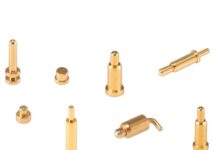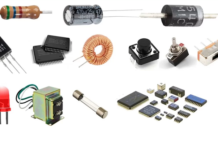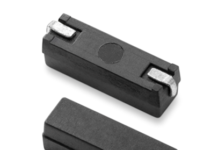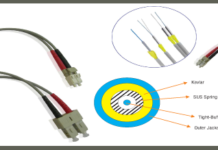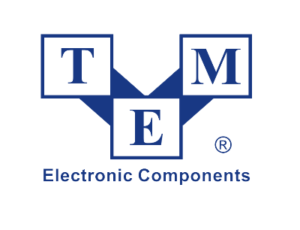
The RS232 standard, which was mainly developed for the telecommunications industry, will soon be celebrating its 60th anniversary. Despite the passage of time and gradual popularization of competitive solutions, there is still a demand for products based on serial bus, both in the areas of industrial, consumer and SOHO (Small Office/Home Office) applications.
RS232 (Recommended Standard 232) was implemented in 1962 as a standard for serial communication between a transmitter or terminal (Data Terminal Equipment, DTE), e.g. a computer, and a receiver or communication equipment (Data Equipment, DCE), usually a modem. This standard has been changed many times, first in 1969, then in 1986 and then again in 1997 to adapt to the current market and environment needs. Also known as the COM port or serial port, RS232 reached the peak of its popularity in the 1980s, when it was used as a standard port in personal computers to connect, among other things, computer mice, keyboards and printers. To this day, we can still find on the market devices communicating through this port, such as: cash registers, satellite receivers, audio-video receivers or UPS. Since 1996, its popularity on the consumer market began to gradually decline, until it was completely replaced by a USB standard, better and more modern in many respects. Specialized devices, mainly used in the industrial sector, have remained an exception, where – despite the growing popularity of Ethernet networks – we still encounter RS232 ports and its “younger” and more modern version, namely RS485.
Basic differences between RS232 and RS485 are shown in the table below:
| Name | RS-232 | RS-485 |
| Type of transmission | Full-duplex | Half-duplex (2 wires), Full-duplex (4 wires) |
| Max. distance | 15 metres at 9600 bps | 1200 metres at 9600 bps |
| Connectors involved | TxD, RxD, RTS, CTS, DTR, DSR, DCD, GND* | DataA, DataB, GND |
| Topology | Point to point | Multipoint |
| Max. no. of connected devices | 1 | 36 (more with a relay, usually up to 256) |
The lack of RS232/485 interfaces in modern computers can be remedied by the following products of the DIGITUS® brand, which for more than 50 years has been successfully supplying the market with products that are technically mature and adapted to the changing trends.
These products can be divided into two main groups:
- USB to RS232/485 adapters
- PCI and PCI Express to RS232 expansion cards
USB TO RS232/485 ADAPTERS
USB to RS232 adapters are a family of products that enable data exchange between a computer with a USB port and serial peripheral devices.
This is a practical solution for all users of relatively new hardware that is not fitted with RS232 ports. It enables data exchange between computers and peripheral devices such as: weather stations, sensors, machine control systems, SAT decoders, consoles, PDAs, scanners, modems, ISDN adapters and many others.
The adapters support the USB1.1 and USB2.0 standards and the latest type of USB Type-C™ connector . By using the FTDI family of chipsets, compatibility is ensured for all standard operating systems, as well as support for features such as: power management and remote wake-up. They offer data transfer rates up to 3 MBd. Power is supplied via USB, so there is no need for a separate power supply. Thanks to the above features and compact size, they are ideal as an extension of the functionality of mobile computers, but can also be used in desktop PCs. They work with Windows, Linux and MAC OS X operating systems.
The above-mentioned group includes the following products:

For customers who wish to connect more devices, we offer the following models with two or four RS232 ports
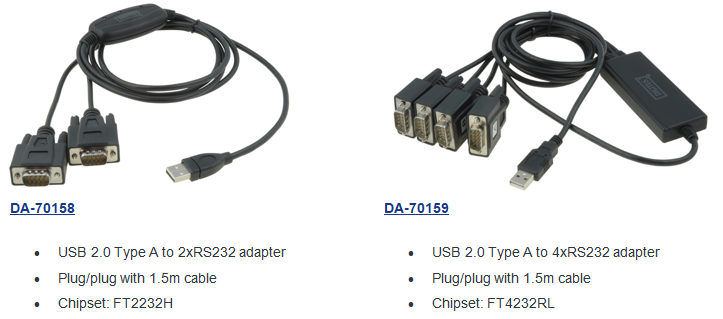
The offer also includes solutions for communication between computers and serial devices which support the RS485 connector standard. These adapters also do not need external power sources and offer data transfer rates up to 3 MBd. The range of applications includes: industrial systems, card reader systems, access systems, electronic payment systems (road toll, routed buses, multistorey car parks) and machine construction. They cooperate with the following operating systems: Windows, Linux and MAC OSX.

PCI AND PCI EXPRESS TO RS232 EXPANSION CARDS
The RS232 expansion cards are a perfect solution for desktop PC users. They are compatible with motherboards with PCI or PCI Express connectors. They offer a transfer rate of up to 115,200bps (PCI) and 128,000bps (PCI Express), and also upgrade your PC with 2 or 4 additional RS232 ports. The cards have a single chip, which reduces the CPU load by 48% compared to conventional serial communication cards. They are suitable for connecting modems, PDAs, digital cameras, printers, ISDN adapters, POS systems and many other devices with serial ports. In addition, the PCI Express model can also be installed on a Mini PC thanks to the included low profile bracket. The cards are compatible with the following operating systems: Windows and Linux.
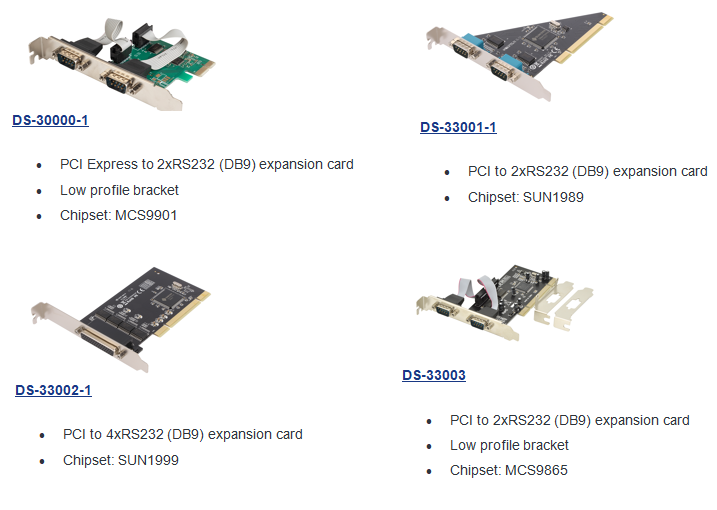
TME also offers a wide range of cables and serial adapters with DB9 connectors, which are a perfect addition to the above offer.
For more information Visit : https://www.tme.com/in/en/



